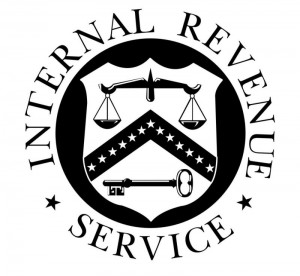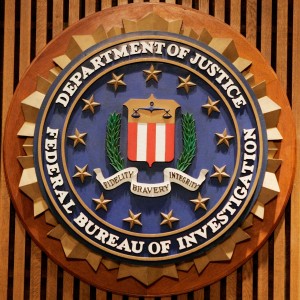NEW YORK
 Officials stated that a Russian national and a Washington man were charged Wednesday with conspiracy to commit money laundering, sanctions violations, and conspiracy to operate an unlicensed money-transmitting business.
Officials stated that a Russian national and a Washington man were charged Wednesday with conspiracy to commit money laundering, sanctions violations, and conspiracy to operate an unlicensed money-transmitting business.
According to the indictment, Roman Storm, 34, of Auburn, Washington, and Roman Semenov, 49, of Russia, created, operated, and promoted Tornado Cash.
This cryptocurrency mixer facilitated over $1 billion in money laundering transactions and laundered hundreds of millions for the Lazarus Group, the sanctioned North Korean cybercrime organization.
Storm was arrested in Washington.
“As alleged in the indictment, the defendants operated a $1 billion scheme designed to help other criminals launder and conceal funds using cryptocurrency, including by laundering hundreds of millions of dollars on behalf of a state-sponsored North Korean cybercrime group sanctioned by the U.S. government,” said Attorney General Merrick B. Garland.
Adding, “These charges should serve as yet another warning to those who think they can turn to cryptocurrency to conceal their crimes and hide their identities, including cryptocurrency mixers: it does not matter how sophisticated your scheme is or how many attempts you have made to anonymize yourself, the Justice Department will find you and hold you accountable for your crimes.”

Storm and Semenov were two of the three founders of the Tornado Cash service, a cryptocurrency mixer that allowed its customers to engage in untraceable cryptocurrency transfers, according to officials.
The defendants and their co-conspirators allegedly created the core features of the Tornado Cash service, paid for critical infrastructure to operate the Tornado Cash service, promoted the Tornado Cash service, and made millions of dollars in profits from operating the Tornado Cash service, officials stated.
 The Tornado Cash service advertised to customers that it provided untraceable and anonymous financial transactions.
The Tornado Cash service advertised to customers that it provided untraceable and anonymous financial transactions.
Storm and Semenov chose not to implement know-your-customer or anti-money laundering programs as required by law.
As a result, the Tornado Cash service was used to launder more than $1 billion in criminal proceeds. Storm and Semenov allegedly knew about these money laundering transactions and received complaints and requests for help from victims of hacking and other cybercrimes.
However, they refused to implement any controls and continued operating the Tornado Cash service to facilitate these money laundering transactions.
In April and May 2022, the Tornado Cash service was allegedly used by the Lazarus Group, a sanctioned North Korean cybercrime organization, to launder hundreds of millions of dollars in hacking proceeds.
Storm and Semenov allegedly knew that the Tornado Cash service they were operating was engaging in these sanctions-violating transactions.
They implemented a change in the service to make a public announcement that they were compliant with sanctions, but in their private chats, they agreed that this change would be ineffective.
They then continued to operate the Tornado Cash service and facilitate hundreds of millions of dollars in further sanctions-violating transactions, helping the Lazarus Group transfer criminal proceeds from a cryptocurrency wallet designated by the Office of Foreign Assets Control (OFAC) as blocked property.
Storm and Semenov are each charged with one count of conspiracy to commit money laundering and one count of conspiracy to violate the International Economic Emergency Powers Act, each carrying a maximum penalty of 20 years in prison.
They are also each charged with conspiracy to operate an unlicensed money-transmitting business, which carries a maximum penalty of five years in prison.
The FBI and the IRS-Criminal Investigation are investigating the case.
Assistant U.S. Attorneys Thane Rehn and Benjamin Gianforti for the Southern District of New York and Trial Attorneys Jacques Singer-Emery and Garrett Coyle of the Justice Department’s National Security Division are prosecuting the case in partnership with the Criminal Division’s National Cryptocurrency Enforcement Team (NCET).

